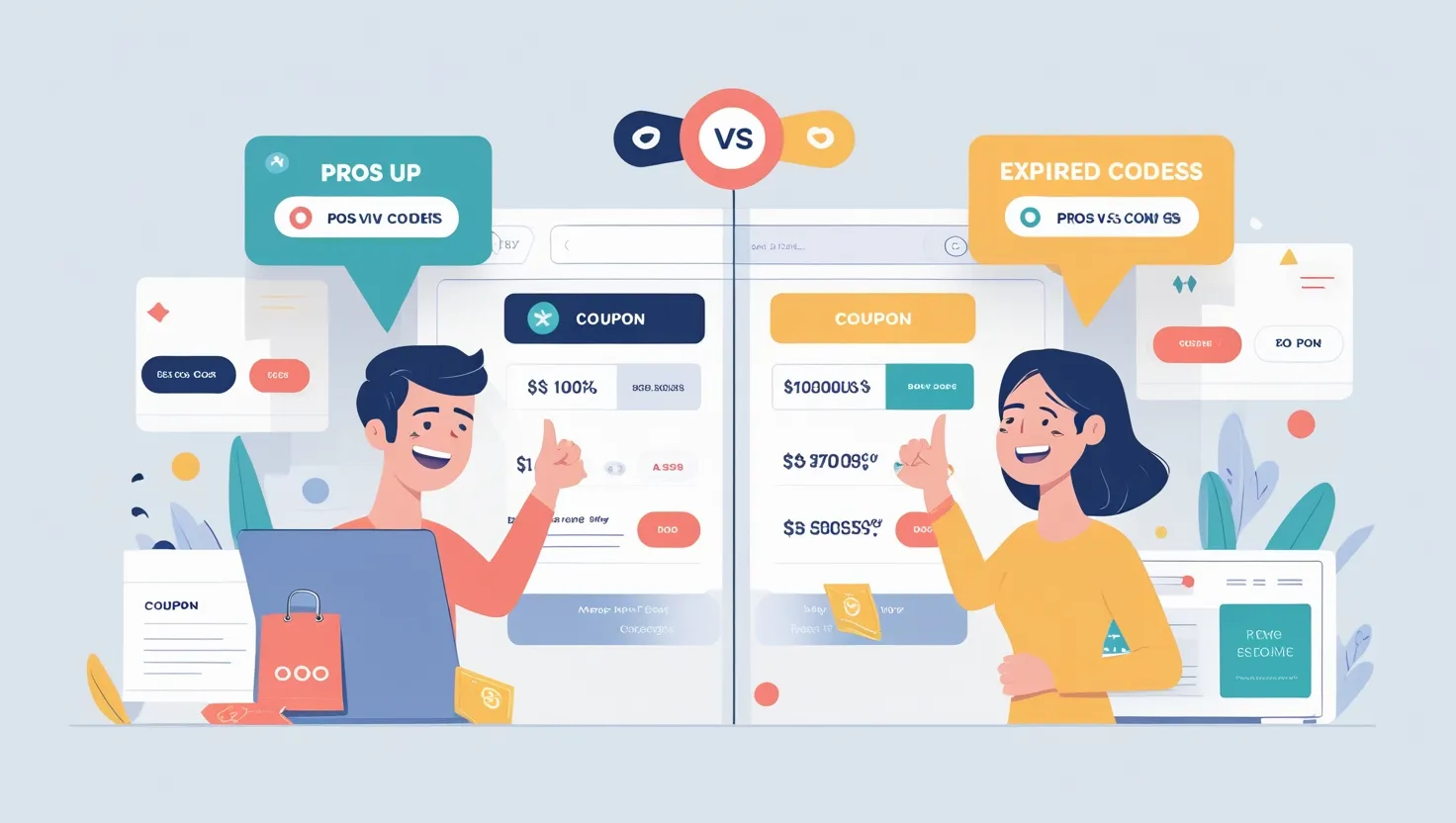
Online shopping is more popular than ever, and with that
comes the rise of tools promising to help you save money effortlessly. Among
them, coupon extensions have become especially common. These browser
add-ons claim to automatically find and apply the best promo codes at checkout.
But do they actually work as advertised?
In this blog, we’ll take a closer look at how coupon
extensions work, their pros and cons, and a better way to make sure you're
getting the savings you were promised.
Coupon extensions are small programs you add to your
internet browser. When you shop online and reach the checkout page, they
activate and test different coupon codes for that specific store. Their goal is
to find you the best available discount automatically—without you having to do
the work.
Sounds useful, right? But like many things that seem too
easy, there’s more to the story.
One of the biggest advantages is simplicity. With just one
click, these extensions scan for available codes and apply the one that gives
the best discount. You don’t have to manually search for offers or enter each
code one by one.
Coupon extensions often support thousands of online stores.
Whether you’re buying clothing, gadgets, or household items, there’s a good
chance the extension will attempt to find savings.
Some extensions offer features like price tracking, sale
alerts, or automatic cashback rewards. While these features vary, they can add
value to your shopping experience.
Despite the convenience, coupon extensions don't always
deliver real results. In many cases, users report that none of the codes
work—or that the savings applied were already part of the store’s public
promotion.
Here’s why:
So while it feels like you're saving, the actual savings
might be small—or worse, nonexistent.
Many coupon extensions track your online behavior. This
means your shopping habits, sites you visit, and sometimes even the products
you view could be logged and shared with third parties. Always review the
privacy policy before installing.
These extensions often run in the background and can slow
down your browser, especially if you're using more than one.
Because the codes are automatically scraped from various
sources, there’s no guarantee they’ll be tested, verified, or exclusive. This
means wasted time and missed deals.
Sometimes, extensions show that they’ve “saved you money”
even when the code didn’t do much. It may have only matched what the retailer
was already offering to everyone.
Instead of relying entirely on automated tools, consider
using trusted deal platforms that manually check and share verified promo
codes. These sites often update their offers daily and confirm which ones
actually work.
You get:
Taking a few extra minutes to check a trustworthy source can
often lead to better results than using an extension that may apply a dozen
codes with no success.
Coupon extensions can be helpful in some cases, but they’re
far from perfect. While the idea of automatic savings is appealing, you still
need to be cautious. Many of the codes offered are outdated, unreliable, or
even misleading.
If you’re serious about saving real money, it’s worth
checking trusted coupon sources instead of relying solely on browser tools. At BlogyReviews.com, we focus on reviewing
and sharing working deals that help smart shoppers like you get more value from
every purchase—without the guesswork.
Sometimes, the best savings come not from automation, but
from knowing exactly where to look.